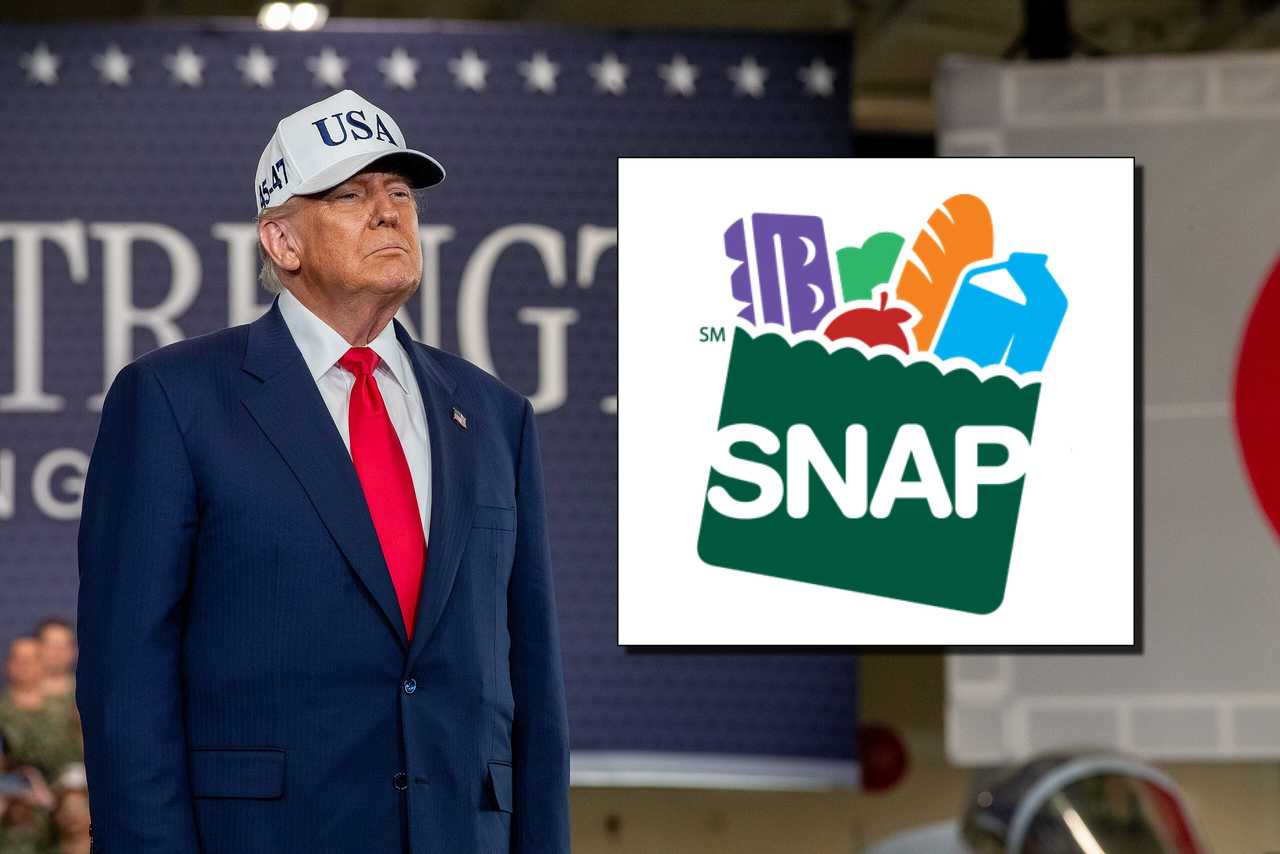
By Chris Spiker From Daily Voice
The Trump administration will issue only partial Supplemental Nutrition Assistance Program payments in November as the ongoing federal government shutdown nears the longest in US history.
Trump's administration told a federal judge on Monday, Nov. 3, that it will use contingency funds to cover only part of November's SNAP benefits, The New York Times reported. The administration rejected the court's suggestion to tap money from the Child Nutrition Program and other federal reserves to make full payments.
The decision means the roughly 42 million Americans who rely on SNAP, commonly known as food stamps, will receive only partial aid this month. More than two dozen states filed a lawsuit in late October, disputing the Trump administration's opposition to issuing SNAP benefits in November.
As some grocery stores have sought to offer discounts for SNAP recipients during the benefit cutoff, the US Department of Agriculture told retailers on Friday, Oct. 31, to comply with federal equal treatment rules.
"You must offer eligible foods at the same prices and on the same terms and conditions to SNAP-EBT customers as other customers, except that sales tax cannot be charged on SNAP purchases," the USDA notice read. "You cannot treat SNAP-EBT customers differently than any other customer. Offering discounts or services only to SNAP-paying customers is a SNAP violation unless you have a SNAP Equal Treatment Waiver."
Grocery industry leaders have pushed for the Trump administration to continue funding SNAP during the shutdown.
"Independent grocers are often the only source of fresh produce, dairy, and other nutritious essentials for millions of families, veterans, and seniors who rely on federal nutrition assistance to make ends meet," the National Grocers Association said. "With SNAP fueling over 389,000 American jobs and generating $1.54 in economic activity for every dollar invested in the program, grocers' staffing and inventory are planned around benefit cycles, so a lapse in funding could lead to reduced employee hours, perishable food losses, and declining sales."
The second-longest government shutdown in US history began on Wednesday, Oct. 1, after Congress failed to pass a stopgap bill. The shutdown has already disrupted many federal programs and paychecks for government workers.
Senate Democrats opposed the House-passed spending plan, pushing for an extension of Affordable Care Act subsidies. They're also seeking to reverse Medicaid cuts in the GOP-passed spending plan previously called the "One Big Beautiful Bill" that President Donald Trump signed into law in July.
The expiration of federal ACA subsidies is expected to make health insurance premiums skyrocket for millions of Americans. Republicans argue that the federal government should be reopened before starting negotiations.
SNAP benefits, which average about $187 per recipient each month, cost the federal government roughly $8 billion monthly.

 Daily Voice
Daily Voice
 Daily Kos
Daily Kos Rockford Register Star
Rockford Register Star Queens Chronicle
Queens Chronicle Raw Story
Raw Story Reuters US Top
Reuters US Top FOX 5 Atlanta Crime
FOX 5 Atlanta Crime AlterNet
AlterNet The Baltimore Sun
The Baltimore Sun CBS4 Miami
CBS4 Miami The Babylon Bee
The Babylon Bee